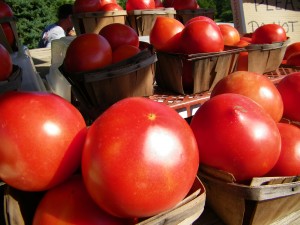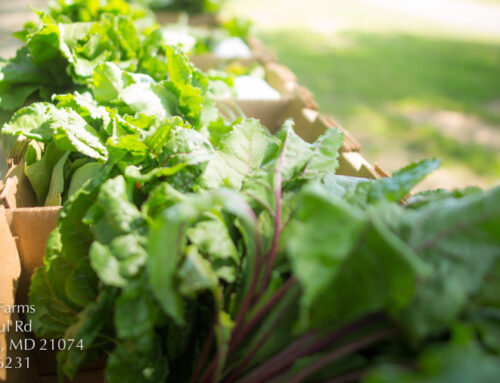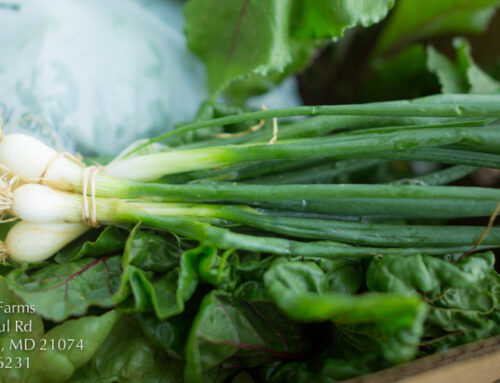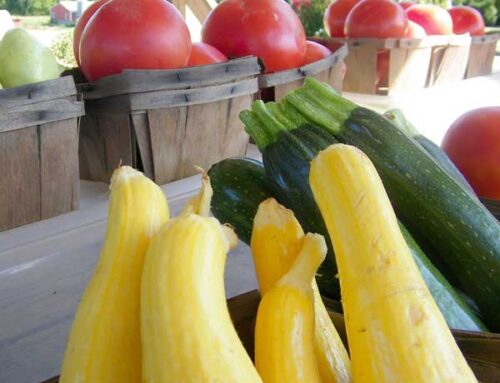In communities across the U.S., consumers are turning away from large chain grocers and are instead participating in local Community Supported Agriculture (CSA) programs. While CSAs in the U.S. aren’t yet officially tracked, a conservative count puts the total at around 6500. In 1986, there were only two. The increasing popularity of CSAs can be attributed to a variety of factors, including the sense of community they offer, knowing where one’s food comes from, and more. Here is some insight on why CSAs are quickly soaring in popularity.
They are Economical
The CSA model offers consumers the chance to purchase ‘crop shares’ from local farmers. By purchasing CSA shares, consumers receive regular deliveries of freshly grown produce and other items (depending on the particular CSA program) throughout the growing season.
Although participating in a CSA carries the risk of not receiving a full share of food during drought seasons, in good growing seasons, a CSA can be a highly economical alternative to purchasing produce at large chain grocers. Not only are many CSA shares often economically priced, they also offer a high nutritional value by providing your family with freshly picked produce. Many CSA farmers offer several share options, including full shares, 1/2 shares, and 1/4 shares, to match the food needs of individual consumers.
CSAs Put a Face to Your Food
Increasingly, consumers want to know who is growing their food and how their food is being grown. These details are nearly impossible to obtain at large chain grocers where produce, meat, and other items are delivered from national and international locations and are processed by large manufacturers.
Participating in a local CSA ensures you will know who is growing your food and allows you to ask important questions of the farmer. These questions can include inquiring on which, if any, chemicals are used during the growing process or if the farmer utilizes organic growing practices. If a CSA offers meats to their shareholders, you can inquire on how the animals were raised and how they were slaughtered and processed.
They Support a Return to Local
Patronizing local businesses helps support your community’s local economy and also helps to support the income of local residents. Rather than funneling your money into a national chain store that likely won’t re-insert those funds back into your community, you can instead purchase a CSA share and experience the positive economic ripple effect that purchase will offer the local economy. A return to local also offers a de-centralized alternative to the national food system.
CSAs Offer a Sense of Community
In today’s disconnected and busy world, many consumers are searching for something more. CSAs may be soaring in popularity because of the sense of community they offer between growers and their shareholders. Not only will you learn more about the food growing process, you will also have a unique opportunity to connect and build relationships with farmers and other consumers in your community.
They Offer Valuable Food Growing Lessons
If asked, most youth and older individuals don’t know much about where food comes from and many people are now realizing how scary that lack of knowledge really is. Some parents are using their CSA share purchases as an opportunity to teach their children about real food and about the growing process. A few hours spent helping out at a CSA farm is an eye-opening and humbling experience for many consumers.

Fresh produce and a connection to your food are just a few of the benefits that can come from a CSA share purchase.
Participating in a local CSA offers several benefits including supporting local farmers, knowing who is growing your food, and teaching your kids where food actually comes from. Research the available CSAs in your area and learn more about the benefits that each may offer.





